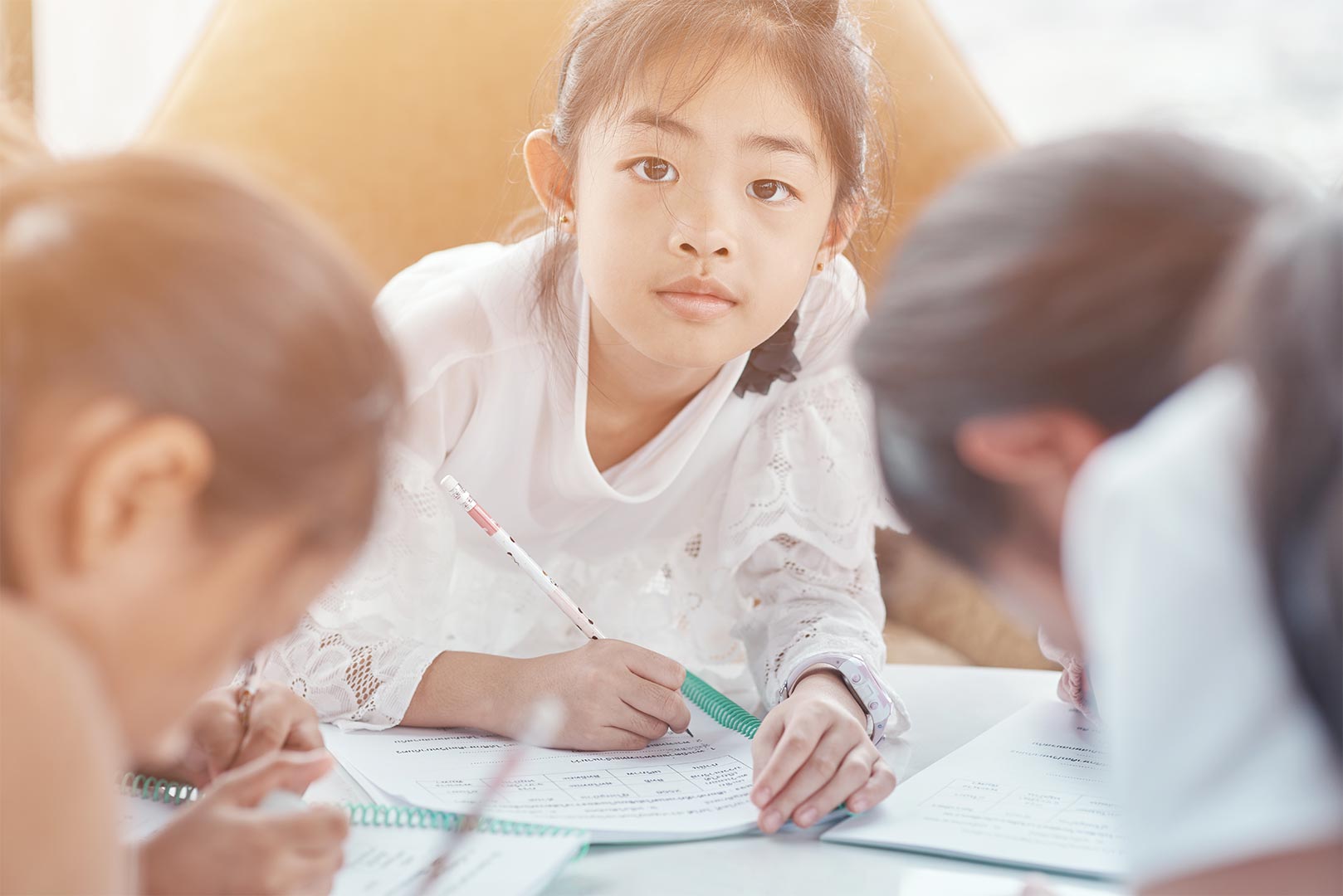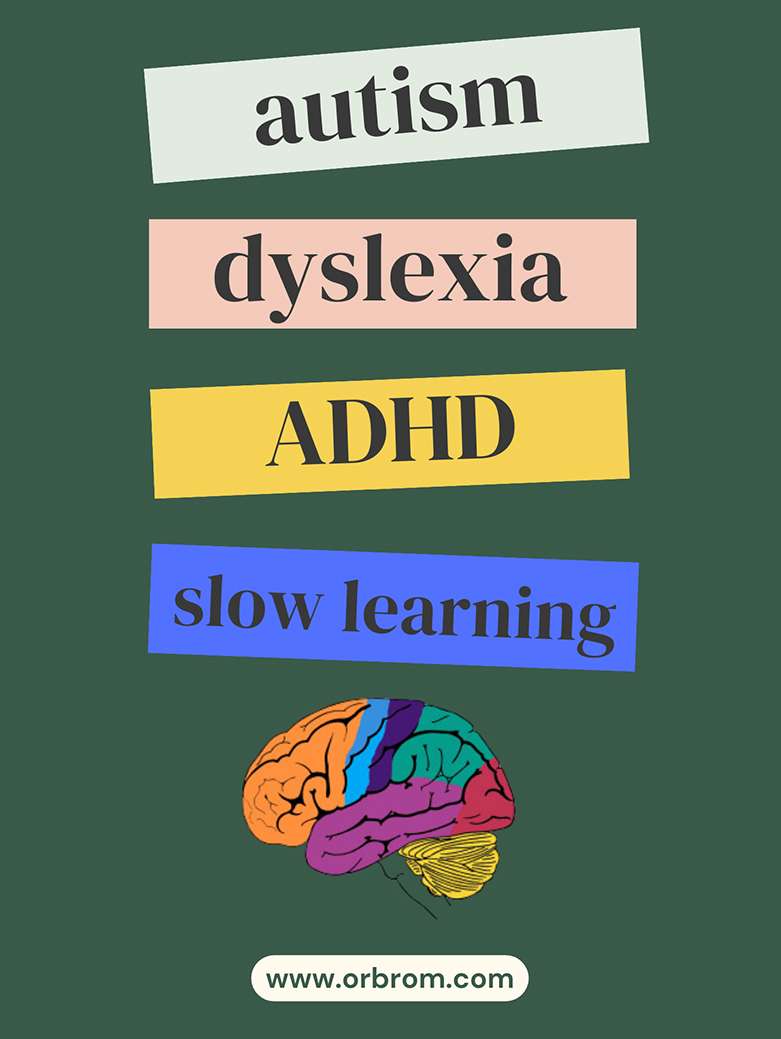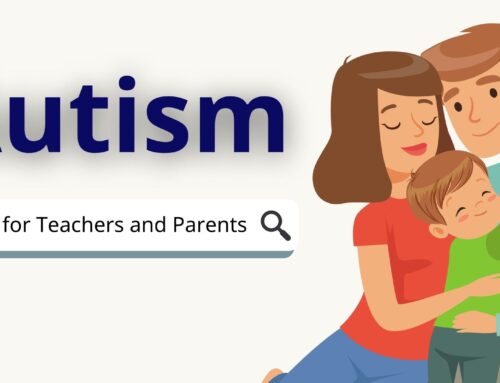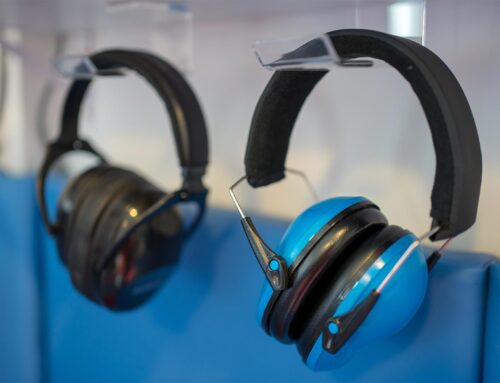Learning disabilities are neurological disorders that can affect how a person learns, reads, writes, and speaks. They can also affect how a person processes information, solves problems, and organizes themselves. Learning disabilities are not a sign of low intelligence. In fact, many people with learning disabilities are highly intelligent and creative.
Learning disabilities can be difficult to identify, especially in young children. This is because children develop at different rates and in different ways. However, there are some common signs of learning disabilities that parents and teachers can look for. These signs may include:
- Difficulty reading, writing, or spelling
- Difficulty with math or other academic subjects
- Difficulty following directions
- Difficulty staying organized
- Difficulty paying attention
- Difficulty controlling impulses
- Difficulty with social skills
If you are concerned that your child may have a learning disability, it is important to talk to their teacher or pediatrician. They can refer you to a specialist for an educational assessment.
Types of learning disabilities
There are many different types of learning disabilities. Some of the most common include:
- Dyslexia: Dyslexia is a reading disability that makes it difficult to read and understand words.
- Dyscalculia: Dyscalculia is a math disability that makes it difficult to understand and perform math concepts.
- Dysgraphia: Dysgraphia is a writing disability that makes it difficult to write neatly and legibly.
- ADHD: ADHD is a neurodevelopmental disorder that is characterized by inattention, hyperactivity, and impulsivity.
- Dyspraxia: Dyspraxia is a motor skills disorder that makes it difficult to coordinate movements.
- Autism spectrum disorder: Autism spectrum disorder is a developmental disorder that affects communication, behavior, and social skills.
- Nonverbal learning disability: Nonverbal learning disability is a learning disability that affects the ability to process and understand nonverbal information.
- Specific learning disability: A specific learning disability is any learning disability that does not fit into one of the other categories.
Getting help for learning disabilities
If your child is diagnosed with a learning disability, there are many things you can do to help them succeed. These things may include:
- Working with their teacher to develop a personalized education plan (IEP)
- Getting extra help outside of school, such as tutoring or summer school
- Providing them with accommodations, such as extra time on tests or the use of a computer
- Encouraging them to develop their strengths and interests
Learning disabilities can be challenging, but they do not have to define your child. With the right support, children with learning disabilities can achieve their full potential.
Services for Autism, ADHD, Dyslexia, Spelling Difficulty, social and slow learning, Down Syndrome, and Selective Mutism. OrbRom is the best option in Phnom Penh.
If you are concerned about your child’s development, Contact OrbRom Center for Assessments.
Phone/Telegram: 077.455.993
Telegram Link: https://t.me/OrbRom







